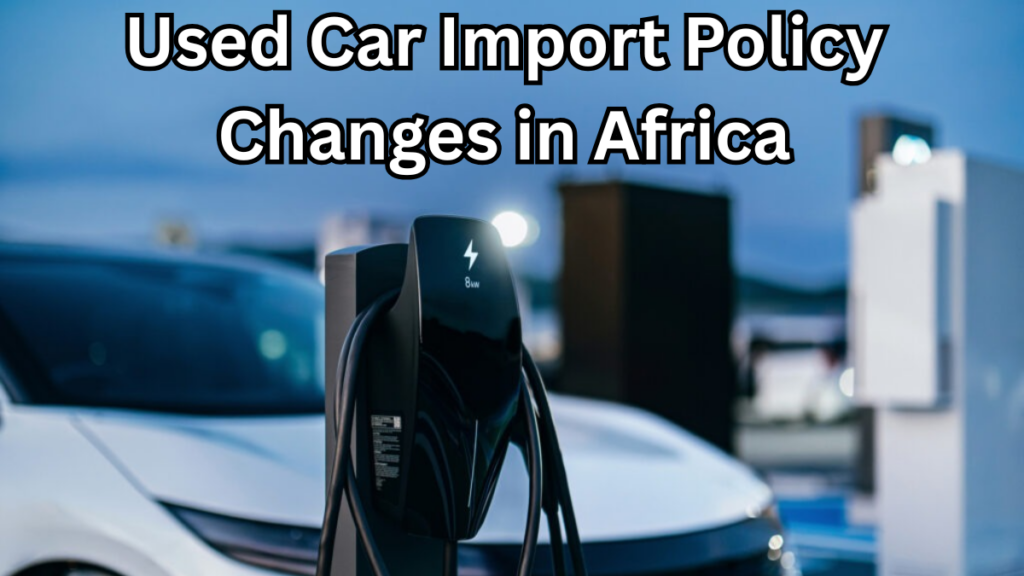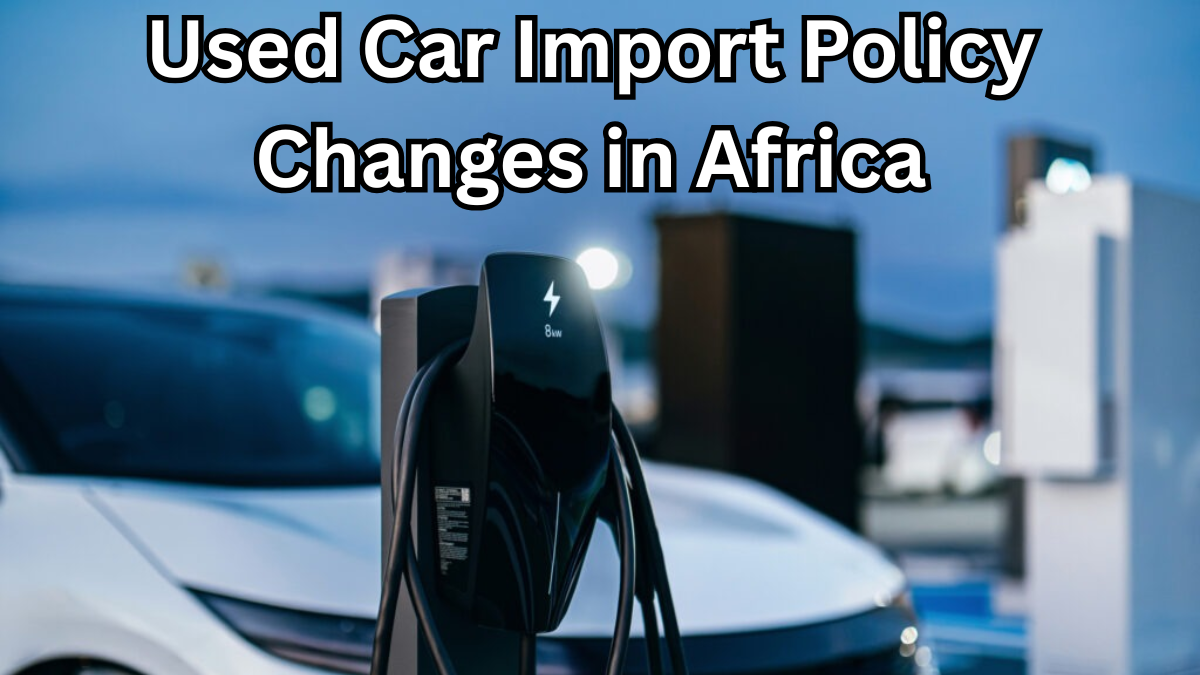Africa is taking bold steps to reshape its automotive sector, and the latest update on Used Car Import Rules Africa 2025 is proof of that. With rising environmental concerns, growing local manufacturing, and a push toward sustainable transport, many African nations are tightening their second hand car policies this year.
Here’s what you need to know.

Why Are the Rules Changing?
Governments are revising import policies for used vehicles to address several pressing concerns:
-
Reducing carbon emissions from old, inefficient vehicles
-
Improving road safety by phasing out unreliable cars
-
Supporting local car assembly and manufacturing
-
Controlling unregulated inflows of used cars
Key Updates in 2025: Country-Wise Breakdown
Below is a snapshot of the most significant changes in the Used Car Import Rules Africa 2025:
| Country | Policy Changes in 2025 |
|---|---|
| Nigeria | Ban on vehicles older than 10 years; new levy on diesel engine cars |
| Kenya | Age limit lowered to 5 years; mandatory emissions certificate required |
| South Africa | Import approval required from Dept. of Trade; focus on encouraging local car manufacturing |
| Ghana | Higher import duty on vehicles older than 7 years; incentives for electric/hybrid models |
| Ethiopia | Full ban on petrol vehicles older than 8 years |
Benefits of Stricter Second Hand Car Policies
While these updated rules may feel restrictive, they offer long-term benefits:
-
Cleaner air in urban areas
-
Safer roads due to better vehicle standards
-
Increased demand for locally assembled cars
-
Accelerated shift to electric and hybrid models
Impact on Importers and Buyers
For Importers
-
Increased documentation and regulatory checks
-
Higher import costs for older vehicles
-
Compliance with emissions and safety standards is now essential
For Buyers
-
Slightly higher prices for newer second-hand cars
-
Access to better-quality vehicles
-
Potential savings on maintenance and fuel due to better technology
Key Takeaways
-
The Used Car Import Rules Africa 2025 reflect Africa’s focus on sustainable transport and local industry.
-
The revised second hand car policies discourage outdated, high-emission vehicles.
-
Importers and car buyers must adapt to new standards, age limits, and compliance requirements.
FAQs
Q1: What is the age limit for used car imports in Africa now?
Depending on the country, vehicles must be no older than 5 to 10 years to be eligible for import.
Q2: How do these new policies affect vehicle costs?
Prices may rise, especially for older models, due to higher taxes and limited import eligibility.
Q3: Are hybrid and electric cars allowed under the new import rules?
Yes, in fact, many African nations are offering tax relief and incentives for hybrid and electric vehicles.
Q4: Why are second hand car policies becoming stricter in 2025?
To promote clean energy, reduce pollution, and encourage growth in the local automotive manufacturing sector.
Click here to learn more
Sachin is a dedicated writer specializing in education, career, and recruitment topics, delivering clear and actionable insights to empower readers.
